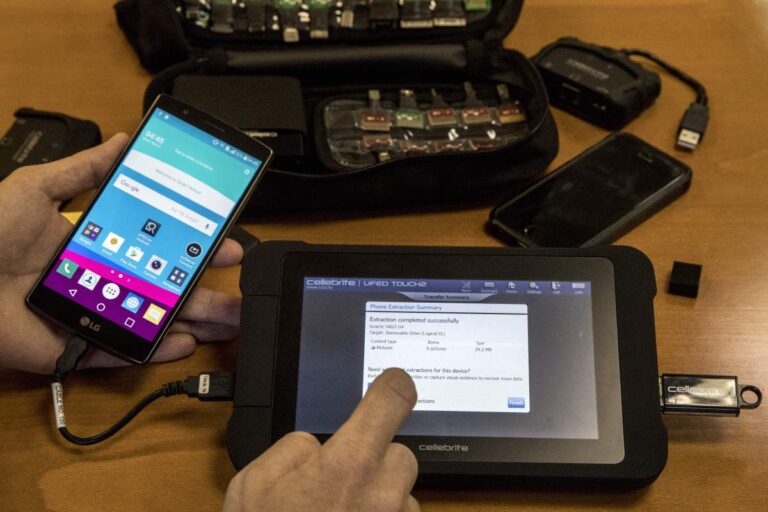Florida’s Controversial Draft Law: Mandating Encryption Backdoors for Social Media Accounts Deemed ‘Dangerous and Dumb’
The recent Florida draft bill aimed at enhancing law enforcement access to social media accounts has garnered significant attention. Known as the “Social Media Use by Minors” (SB 868), this legislation could mandate social media companies to implement encryption backdoors, potentially altering the landscape of online privacy and security.
Overview of the Florida Bill SB 868
The Florida SB 868 bill has successfully passed a crucial legislative hurdle, moving forward for a vote in the state Senate. Unanimously approved by Florida lawmakers, the bill seeks to impose new requirements on social media platforms.
Key Provisions of the Bill
- Encryption Backdoors: Social media companies would be required to create mechanisms to decrypt end-to-end encryption when law enforcement presents a subpoena.
- Parental Access: Parents or guardians would be granted access to their child’s social media accounts.
- Restrictions on Features: Child accounts would be prohibited from using features that enable disappearing messages.
Concerns Raised by Critics
Critics, including major tech companies and digital rights advocates, have voiced strong opposition to the bill. They argue that diminishing encryption standards could jeopardize user safety by exposing private communications to potential breaches.
Statements from Advocacy Groups
The Electronic Frontier Foundation (EFF) recently published a blog post criticizing the bill, emphasizing that encryption is essential for online communication security. They stated, “The idea that Florida can ‘protect’ minors by making them less safe is dangerous and misguided.”
Previous Legislation and Context
This bill builds upon a previous law passed in Florida last year that restricts social media access for individuals under 16. Currently, that law is under judicial review, raising questions about its constitutionality.
Industry Response to Encryption Practices
Major tech companies such as Apple, Google, and Meta have increasingly adopted end-to-end encryption to safeguard user data. This approach ensures that private content is only accessible to the user, thereby enhancing security against hackers and unauthorized access.
It is important to note that the proposed bill may allow law enforcement to access user information through subpoenas, which typically do not require judicial oversight. Subpoenas can compel social media companies to provide limited user account information but often lack the stringent requirements of a court-authenticated search warrant.
Next Steps for the Legislation
A corresponding bill in the Florida House, known as HB 743, is awaiting a final committee vote before moving to the House floor for consideration. As discussions continue, stakeholders remain divided on the implications of these proposed laws for user privacy and safety.
For more information on digital rights and privacy issues, visit the EFF Privacy Issues page.






